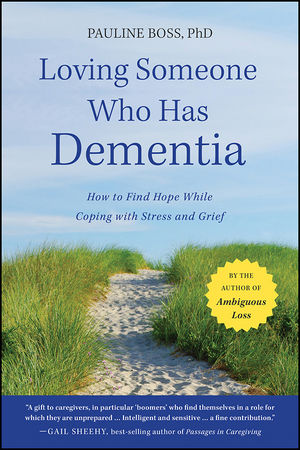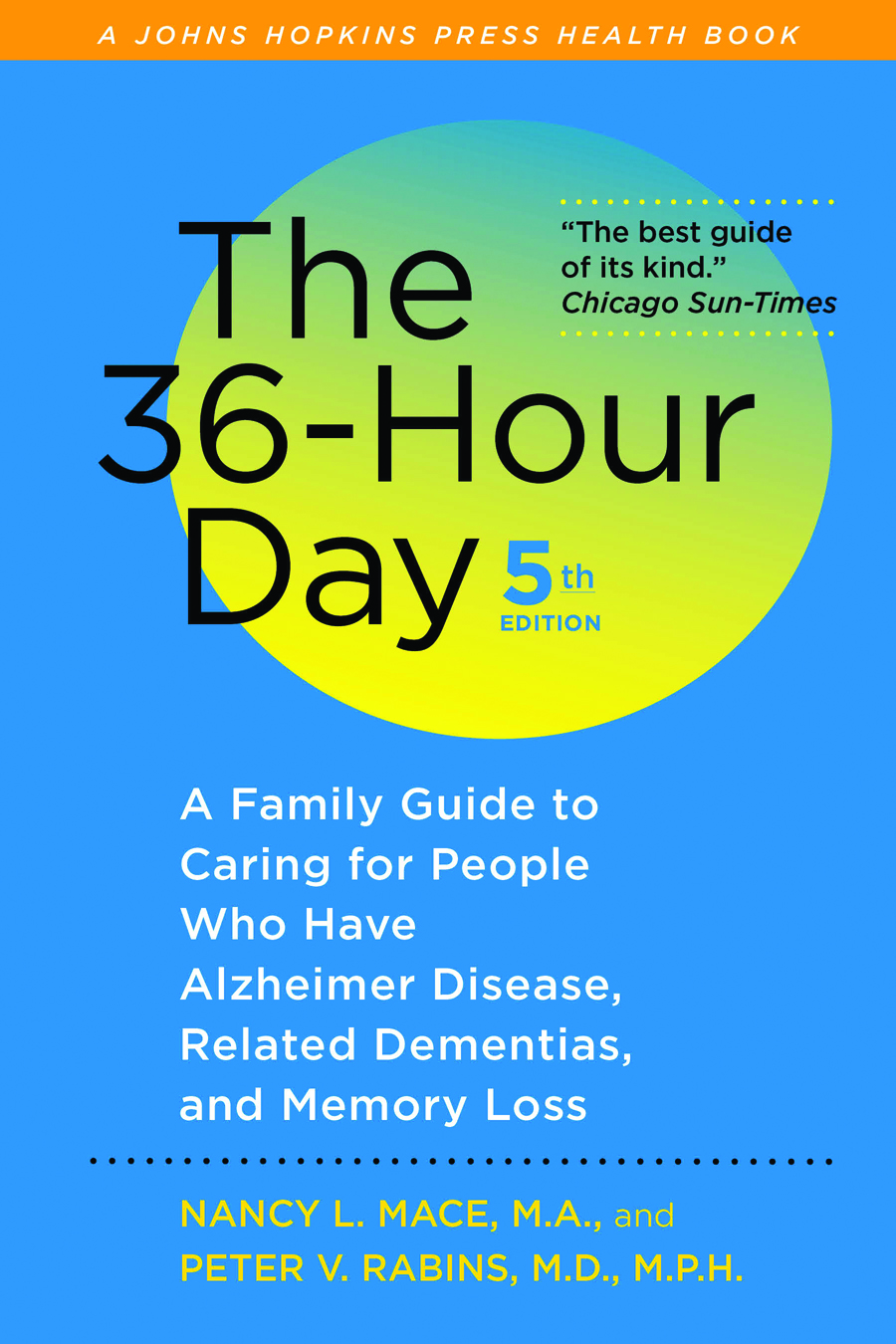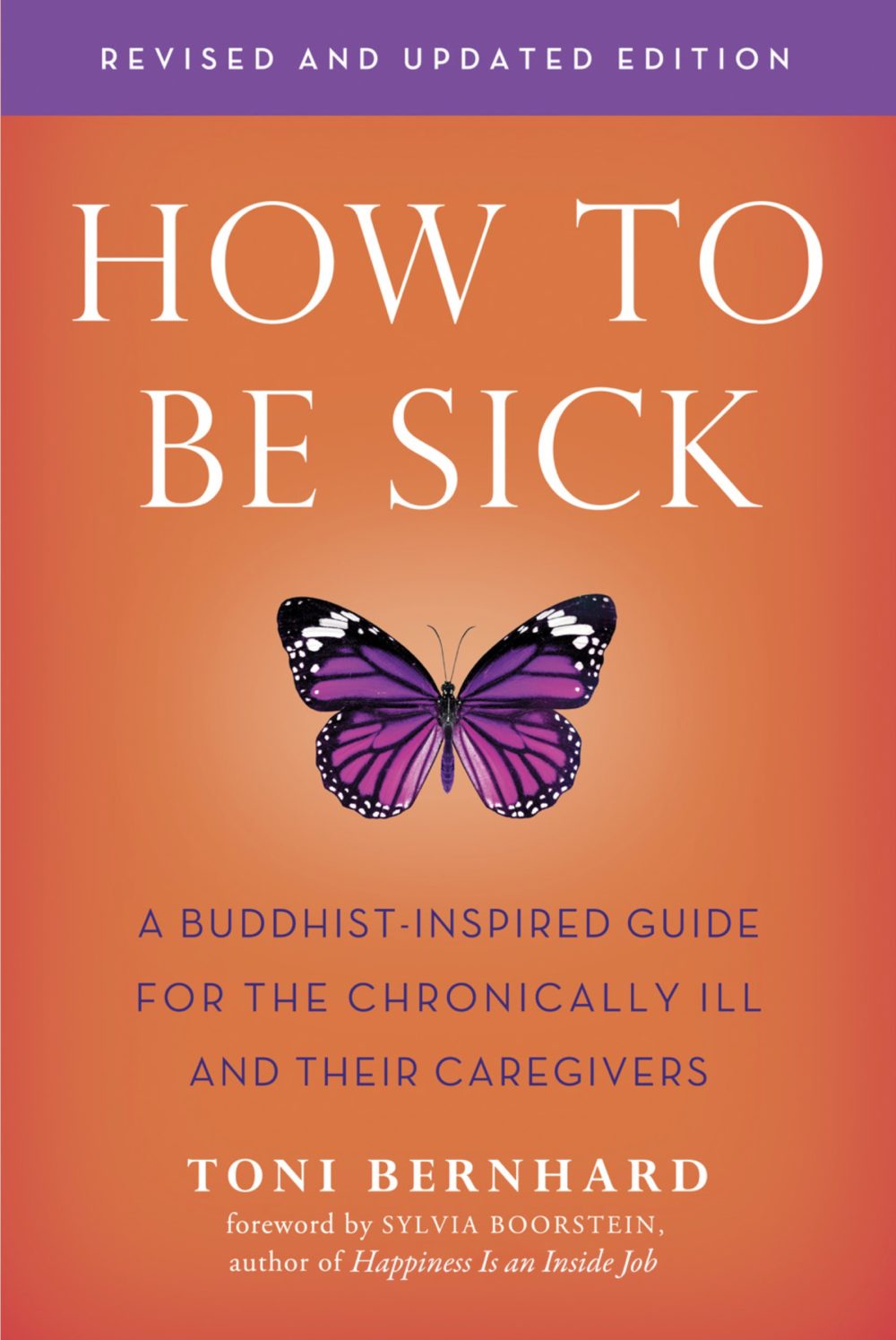When you are caring for a loved one with a long-term illness, caregiving becomes a marathon rather than a sprint.
YOU MIGHT ALSO LIKE
CLEAR ALL
BY TOPIC
BY TEACHER
BY TYPE
FILTER

TOPIC
- Handling a Loved One’s Illness (41)
- Chronic Health Conditions (38)
- Emotional and Mental Health (38)
- Mind-Body Connection (31)
- Neuroscience (28)
- Compassion Fatigue (27)
- Self-Healing (27)
- Stress (27)
- Illness and Injury (26)
- Burnout (24)
- Resilience (24)
- Meditation (23)
- Self-Development (22)
- Self-Discovery (21)
- Anxiety (19)
- Cancer (19)
- Dementia (19)
- Self-Reflection Practices (19)
- Work-Life Balance (19)
- Living with Illness (18)
- Happiness (17)
- Trauma Healing (17)
- Athlete Well-Being (16)
- Awareness (14)
- BIPOC Well-Being (14)
- Mindfulness (14)
- Inner Peace (13)
- Offering Support to Others (13)
- Activism/Service (12)
- Asking for Help (12)
- Diet and Nutrition (12)
- Physical Health (12)
- Empowerment (11)
- Exercise (11)
- Neuroplasticity (11)
- Self-Actualization (11)
- Breathwork (10)
- Chronic Pain (10)
- Joy (10)
- Rest (10)
- Self-Control (10)
- Black Well-Being (9)
- Buddhism (9)
- Goal Setting (9)
- Honoring Emotion (9)
- Self-Love (9)
- Self-Reckoning (9)
- Sleep (9)
- Women’s Well-Being (9)
- Community Healing (8)
- Depression (8)
- Finding Meaning (8)
- Habits of Mind (8)
- Human Potential (8)
- Positive Psychology (8)
- Search for Purpose (8)
- Self-Acceptance (8)
- Self-Worth (8)
- Veteran Well-Being (8)
- Young Adult Well-Being (8)
- Authenticity (7)
- Empathy (7)
- Entrepreneurship (7)
- Fear (7)
- Fellowship and Community (7)
- Grief (7)
- Integrative Medicine (7)
- Mindfulness Practices (7)
- Negative Self-Talk (7)
- Self-Limiting Beliefs (7)
- Self-Realization (7)
- Self-Reliance (7)
- Transformation (7)
- Anger (6)
- Autoimmune Disease (6)
- Belonging (6)
- Brain Health (6)
- Creative Well-Being (6)
- Family Dynamics (6)
- Focus (6)
- Habit Formation (6)
- Inner Strengths (6)
- Journaling (6)
- Letting Go (6)
- Relationship Challenges (6)
- Self-Compassion (6)
- Trauma (6)
- Work Challenges (6)
- Yoga (6)
- Compassion (5)
- Courage (5)
- Emotional Intelligence (EQ) (5)
- Endurance (5)
- Gratitude (5)
- Grit (5)
- Growth Mindset (5)
- Guided Meditation (5)
- Identity (5)
- Imagination and Creativity (5)
- Life Challenges (5)
- Optimism (5)
- Presence (5)
- Self-Esteem (5)
- Self-Pressure (5)
- Soul Mission (5)
- Spiritual Healing (5)
- Spiritual Life (5)
- The Feldenkrais Method (5)
- Addiction (4)
- Child’s Emotional Growth (4)
- Child’s Trauma (4)
- Communication Skills (4)
- Connection with Nature (4)
- Death or Loss of a Loved One (4)
- Disabled Well-Being (4)
- Dysfunctional Childhood (4)
- Embodiment (4)
- Energy Healing (4)
- Failure (4)
- Healing Approaches (4)
- Healthy Eating (4)
- Indigenous Well-Being (4)
- Intention (4)
- Interdependence (4)
- Memoir (4)
- Parenting (4)
- Peak Performance (4)
- Personal Development (4)
- PTSD (4)
- Racism (4)
- Relationship with Time (4)
- Romantic Relationships (4)
- Setting Limits and Boundaries (4)
- Shame (4)
- Social Justice (4)
- Stoicism (4)
- Time Management (4)
- Acupressure (3)
- Aging (3)
- Anger Management (3)
- Chronic Anxiety (3)
- Chronic Fatigue (3)
- Climate Change (3)
- Confidence (3)
- Epigenetics (3)
- Female Empowerment (3)
- Freedom (3)
- Guilt (3)
- Highly Sensitive People (3)
- Holism (3)
- Hope (3)
- Inner Life (3)
- Integrity (3)
- Kindness (3)
- Leadership (3)
- Living as an Empath (3)
- Managing Energy (3)
- Memory (3)
- Mental Health Challenges (3)
- Motivation (3)
- Neuropsychology (3)
- Positive Self-Talk (3)
- Productivity (3)
- Racial Identity (3)
- Somatic Practices (3)
- Vulnerability (3)
- Work Relationships (3)
- Awe (2)
- Ayurveda (2)
- Building Culture (2)
- Chakras (2)
- Challenges with Teens (2)
- Child’s Challenging Behavior (2)
- Children’s Well-Being (2)
- Collective Trauma (2)
- Competition (2)
- Connection (2)
- Death and Dying (2)
- Death-Positive Movement (2)
- Decision Making (2)
- Digital Life (2)
- Disconnection (2)
- Drug Addiction (2)
- Emotional Labor (2)
- Energy Balancing (2)
- Enneagram (2)
- Environmental Justice (2)
- Fatigue (2)
- Forest Bathing (2)
- Foster Parenting (2)
- Functional Medicine (2)
- Generosity (2)
- Global Challenges (2)
- Heartmath (2)
- Herbal Supplementation (2)
- Inflammation (2)
- Inner Child (2)
- Jealousy/Envy (2)
- Kids and Sports (2)
- Latinx Well-Being (2)
- Laughter Therapy (2)
- Learning Styles (2)
- Loneliness (2)
- Mantra Meditation (2)
- Masculine/Feminine Dynamics (2)
- Men’s Well-Being (2)
- Motherhood (2)
- Passion (2)
- Perception (2)
- Performance Anxiety (2)
- Play (2)
- Positive Thinking (2)
- Post-Traumatic Growth (2)
- Psychology (2)
- Race and Gender (2)
- Racial Healing (2)
- Relationship with Money (2)
- Self-Discipline (2)
- Social Media Addiction (2)
- Speaking Your Truth (2)
- Spiritual Development (2)
- Spiritual Growth (2)
- Suffering (2)
- Suicide (2)
- Sutras (2)
- Tapping/EFT (2)
- Tibetan Buddhism (2)
- Trauma-Informed Therapy (2)
- Trust (2)
- Values (2)
- Vedic Meditation (2)
- Weight Concerns (2)
- Wholeness (2)
- Willpower (2)
- Youth Activism (2)
- Zen Buddhism (2)
- Abandonment (1)
- Academic Struggles (1)
- Acceptance (1)
- Accepting Love (1)
- Access to Education (1)
- Adaptability (1)
- Addiction Recovery (1)
- AIDS (1)
- Auric Field (1)
- Biofeedback (1)
- Body Image (1)
- Building Character (1)
- Bullying (1)
- Calming Meditation (1)
- Changes in Libido (1)
- Christian Mysticism (1)
- Cognition (1)
- Cognitive Behavioral Therapy (1)
- Collaboration (1)
- Compassion Meditation (1)
- Conflict Resolution (1)
- Conscious Evolution (1)
- Criticism and Rejection (1)
- Cross-Cultural Dynamics (1)
- Curiosity (1)
- Dark Night of the Soul (1)
- Death or Loss of a Child (1)
- Death or Loss of a Parent (1)
- Despair (1)
- Discrimination (1)
- Eating Disorders (1)
- Ecospirituality (1)
- Fate (1)
- Female Friendship (1)
- Feminism (1)
- Financial Instability (1)
- Forgiveness (1)
- Friendship (1)
- Gender Identity (1)
- Goddess (1)
- Grace (1)
- Higher Calling (1)
- Hospice (1)
- Imposter Syndrome (1)
- Indigenous Healing Approaches (1)
- Insight (Vipassana) Meditation (1)
- Intergenerational Trauma (1)
- Intimacy (1)
- Jungian Analysis (1)
- LGBTQIA Parents (1)
- LGBTQIA Sexuality (1)
- LGBTQIA Well-Being (1)
- Loss of Partner/Spouse (1)
- Love (1)
- Lovingkindness (1)
- Lovingkindness Meditation (1)
- Magic (1)
- Manifestation (1)
- Marriage (1)
- Medical Intuition (1)
- Mentoring (1)
- Midlife Crisis (1)
- Military to Civilian Re-entry (1)
- Mindfulness Meditation (1)
- Narcissism (1)
- Native American Beliefs (1)
- Naturopathy (1)
- Neurodiversity (1)
- New Relationships (1)
- Nutritional Medicine (1)
- OCD (1)
- Personality Disorders (1)
- Personality Typing (1)
- Philosophical Approaches (1)
- Psychedelic Journey (1)
- Quantum Physics (1)
- Self-Employment (1)
- Self-Expression (1)
- Sex (1)
- Sexuality (1)
- Situational Depression (1)
- Social Anxiety (1)
- Social Responsibility (1)
- Somatic Experiencing (1)
- Spiritual Awakening (1)
- Spiritual Crisis (1)
- Spiritual Fasting (1)
- Spiritual Practices (1)
- Sustainability (1)
- Taoism (1)
- Teacher Burnout (1)
- Theta Healing (1)
- Toxic Relationships (1)
- Unfulfilled Career (1)
- Visualization (1)
- Vitamin Supplementation (1)
- Western Astrology (1)
- Witch (1)
- Witchcraft (1)
- Women’s Rights (1)
- Work Ethic (1)
- Zen Meditation (1)
FILTER

TEACHER
- Eckhart Tolle (3)
- Judith Orloff (3)
- Kenneth Pelletier (3)
- Lisa Wimberger (3)
- Marcus Aurelius (3)
- Noah Elkrief (3)
- Stephanie Y. Evans (3)
- Amishi Jha (2)
- Arianna Huffington (2)
- Audre Lorde (2)
- Bernie S. Siegel (2)
- Bruce Lipton (2)
- C. S. Lewis (2)
- Daniel Amen (2)
- Daniel Goleman (2)
- Daniel J. Siegel (2)
- David Perlmutter (2)
- Debbie Ford (2)
- Elaine Aron (2)
- Elizabeth Stanley (2)
- Gabor Maté (2)
- Gary Zukav (2)
- Harriet Lerner (2)
- Jonni Pollard (2)
- Judson Brewer (2)
- Kelly McGonigal (2)
- Lorin Roche (2)
- Louise Hay (2)
- Martha Beck (2)
- Mel Robbins (2)
- Nikki Mirghafori (2)
- Rich Roll (2)
- Rick Hanson (2)
- Sadhguru (2)
- Toni Bernhard (2)
- Tony Robbins (2)
- Alexandra Fine (1)
- Amy Morin (1)
- Amy Scher (1)
- Andy Puddicombe (1)
- Anne Lamott (1)
- Bessel van der Kolk (1)
- Blaise Aguirre (1)
- Brendon Burchard (1)
- Brené Brown (1)
- Brian Tracy (1)
- Brian Weiss (1)
- Chalene Johnson (1)
- Chip Conley (1)
- Colleen Saidman Yee (1)
- Cyndi Dale (1)
- Dan Millman (1)
- David Spiegel (1)
- Deb Dana (1)
- Deepak Chopra (1)
- Diane Stein (1)
- Dilip Jeste (1)
- don Jose Ruiz (1)
- Donna Eden (1)
- Donna Jackson Nakazawa (1)
- Elizabeth Lesser (1)
- Frederic Luskin (1)
- Gary Craig (1)
- Geneen Roth (1)
- Jack Canfield (1)
- Jack Kornfield (1)
- Jacqueline Carter (1)
- James Baraz (1)
- James Hollis (1)
- Jan Willis (1)
- Jana Long (1)
- Jean Shinoda Bolen (1)
- Jeffrey Mishlove (1)
- Jerry M. Ruhl (1)
- Joan Borysenko (1)
- Joan Halifax (1)
- Joel Fuhrman (1)
- Joel Kahn (1)
- Jon Kabat-Zinn (1)
- Jonathan Van Ness (1)
- Josh Axe (1)
- Joy Bauer (1)
- Kathy Freston (1)
- Kim Eng (1)
- Lama Rod Owens (1)
- Latham Thomas (1)
- Leah Guy (1)
- Lewis Howes (1)
- Linda Graham (1)
- Lissa Rankin (1)
- Lodro Rinzler (1)
- Maharishi Mahesh Yogi (1)
- Maria Sirois (1)
- Marie Forleo (1)
- Mark Hyman (1)
- Mark Victor Hansen (1)
- Martin Seligman (1)
- Matt Kahn (1)
- Moshé Feldenkrais (1)
- Nicolai Bachman (1)
- Oliver Sacks (1)
- Oprah Winfrey (1)
- Panache Desai (1)
- Pema Chödrön (1)
- Peter A. Levine (1)
- Ram Dass (1)
- Rebecca Solnit (1)
- Resmaa Menakem (1)
- Robert Augustus Masters (1)
- Rodney Yee (1)
- Ruby Wax (1)
- Rumi (1)
- Russell Brand (1)
- Sanjay Gupta (1)
- Sonia Sanchez (1)
- Susan Piver (1)
- Swami Mukundananda (1)
- Sylvia Boorstein (1)
- Tara Stiles (1)
- Terri Cole (1)
- Thich Nhat Hanh (1)
- Thomas Moore (1)
- Wim Hof (1)
- Yongey Mingyur Rinpoche (1)
- Yung Pueblo (1)
- Zainab Salbi (1)










